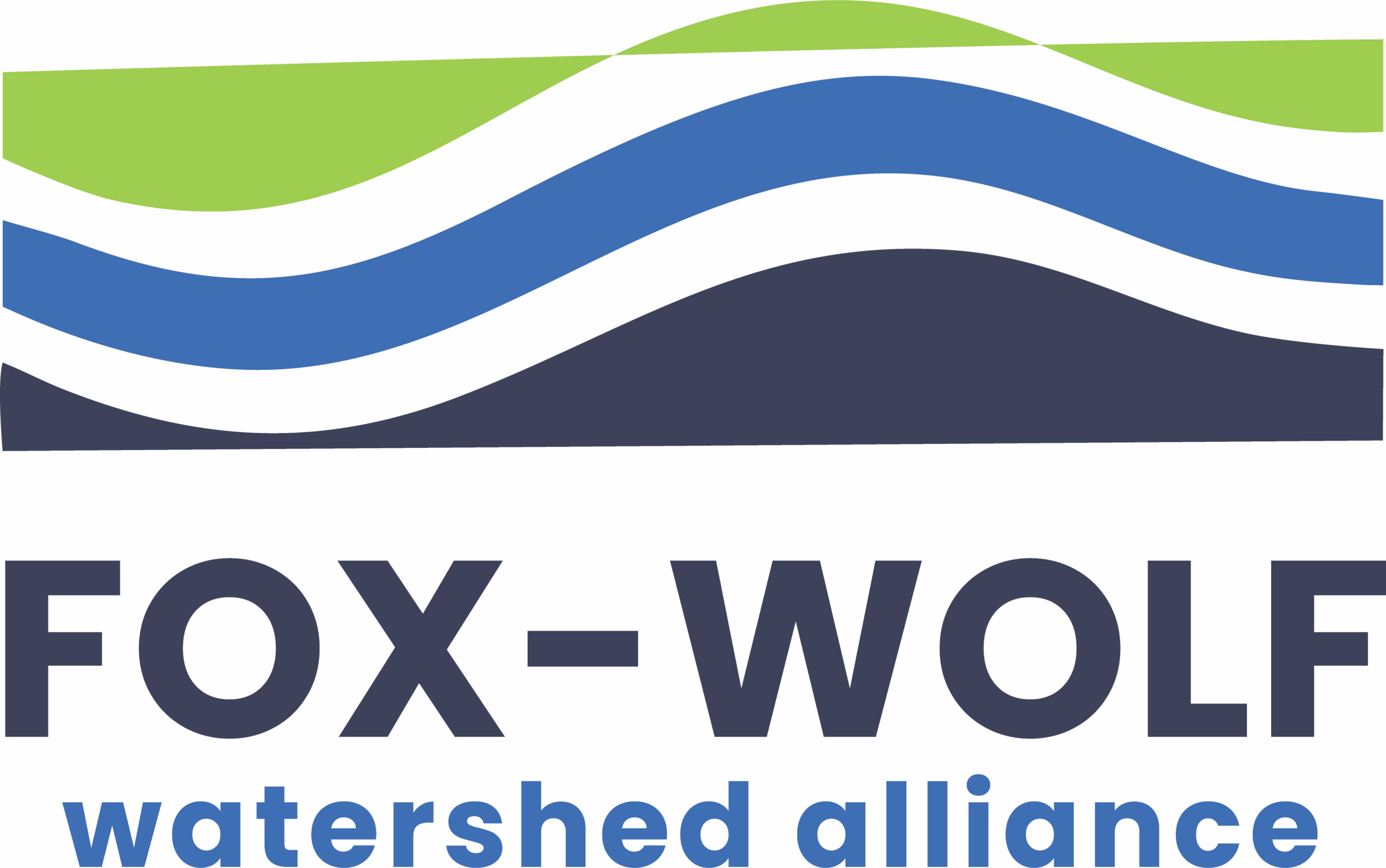
Jon Lamers hopes his sons one day want to be the 5th generation of farmers on his land.
The closer a farm is to a river, the greater an impact it has on that surface water. The larger a farm is, the greater an impact it has. Local farmer Jon Lamers has a large farm close to a river, and he is keenly aware that the large impact of his farm means he has a great responsibility to manage things well. But for Jon, the extra work is all worth it.
“I have the ability to learn all these things,” Jon said. “The challenge provides bleeding-edge learning. It makes it fun!” He got that attitude from his parents, who taught him how to care for the farm.
Jon is a 4th generation farmer in Wisconsin, so he has been part of conservation practices for a long time. So long, in fact, that he doesn’t remember exactly how he got started. He can readily point out how those practices have changed over time.
“Growing up, conservation looked more like being frugal. Not being wasteful with food or resources,” said Jon.
For his generation, he’s seen more of a focus on implementing practices in the field. He proudly participates in no-till and cover crop practices. “We’re using the best ways that we know today to do the best job we can,” Jon said. “In the future, it may be proven that we weren’t doing enough, but we’re doing the best we can with the knowledge we have now.”
Jon’s motivated to do the best he can now for the future, because his sons could be the 5th generation of farmers on this land. He wants to prepare them with skills they will need beyond agricultural knowledge. “I hope we provide them with knowledge and opportunity, and expose them to as many different people and things as we can,” he said. “I want to give them the emotional intelligence to foster relationships so they can do what they want in life.”

Jon’s best guess is that whatever comes next, it’s going to require communication and cooperation. He already works with neighboring farms to co-own equipment, and stresses that decisions need to be for the benefit of everyone, not just for him or his dairy.
This spring when there was a barn fire in the community, Jon and his team showed up with equipment to help out. And that’s not unusual.
“The biggest risk,” Jon said, “is not working together as a team. It’s not us versus the world.”
That’s part of why Jon likes working with Fox-Wolf Watershed Alliance. “Fox-Wolf brings a collaborative effort that brings together rural and urban concerns. They bring all people to the table with a goal of having a clean water supply, and they create a non-threatening environment for everyone,“ said Jon.
Jon readily invites everyone to be part of the collaboration of improving water quality. “It all helps the greater good to have good water,” he said. “The best part of Fox-Wolf is understanding that all of us have to exist. They’re not trying to get rid of problems by getting rid of people. All sides have a part to play, and we can all make a huge difference.”
Watershed Moments is a publication of Fox-Wolf Watershed Alliance, sharing the stories of how your donations have impacted lives in our community. Read our latest project updates, make a secure online donation, or become a member at www.fwwa.org
